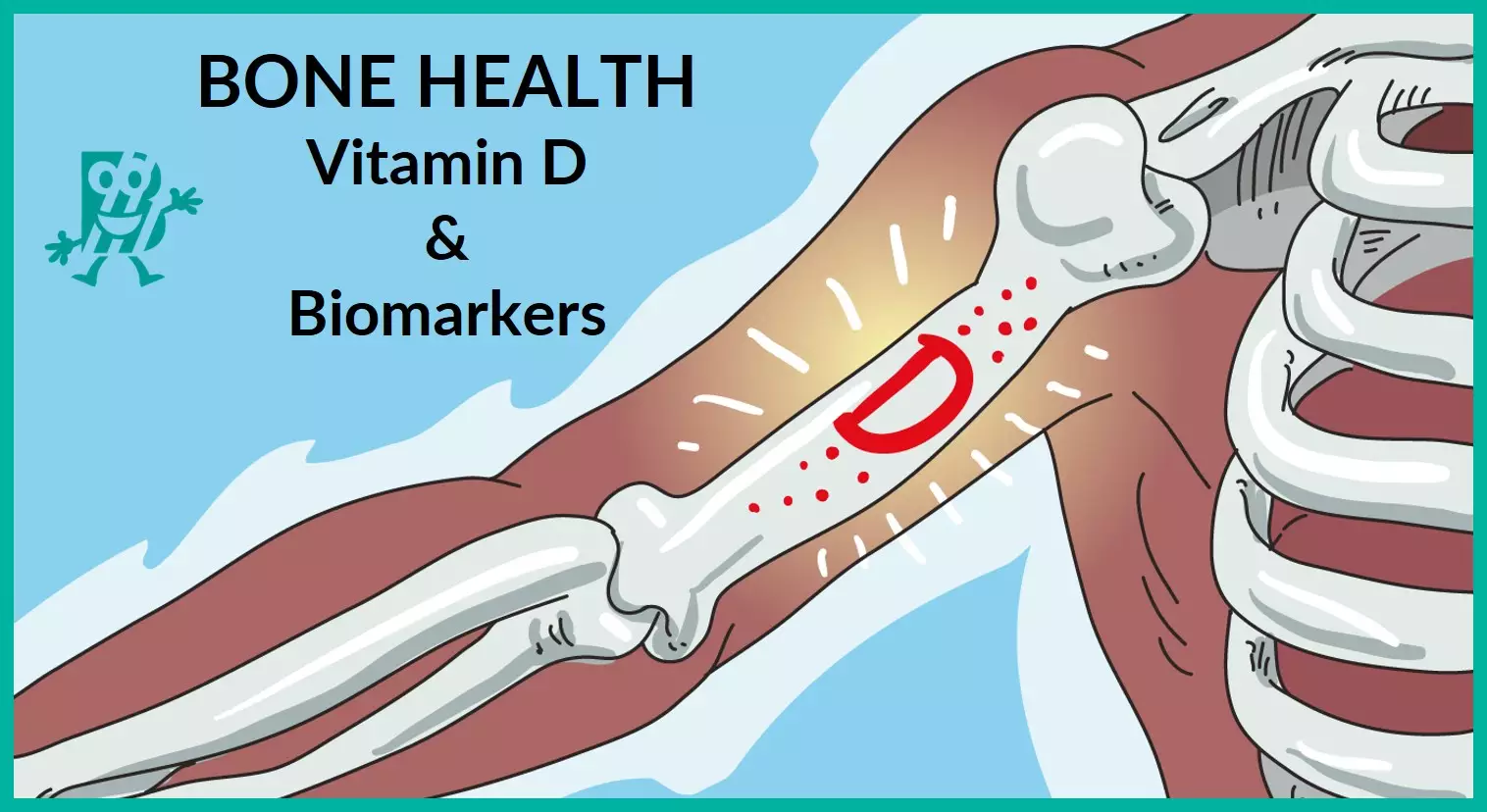Vitamin D, often referred to as the “sunshine vitamin,” plays a crucial role in maintaining optimal bone health.
Beyond its well-known association with sunlight, vitamin D influences calcium absorption and bone metabolism, making it a key factor in preventing conditions like osteoporosis.
In this article, we explore the importance of vitamin D in bone health, its sources, recommended intake, and the implications of deficiency.
Understanding Vitamin D:
-
- Vitamin D is a fat-soluble vitamin that exists in two primary forms: D2 (ergocalciferol) and D3 (cholecalciferol).
- While a small amount can be obtained through dietary sources, the body primarily synthesizes vitamin D when the skin is exposed to sunlight.
The Relationship Between Vitamin D and Calcium:
-
- Vitamin D facilitates the absorption of calcium in the intestines, ensuring a sufficient supply for bone mineralization.
- Proper calcium levels are essential for maintaining bone density and preventing conditions like osteoporosis.
Sources of Vitamin D:
a. Sunlight:
- Sun exposure is a natural source of vitamin D. Spending time outdoors, especially during midday, allows the skin to produce vitamin D.
- Factors such as geographic location, skin tone, and sunscreen use can affect vitamin D synthesis.
b. Dietary Sources:
- Fatty fish (salmon, mackerel, tuna)
- Fortified dairy products
- Egg yolks
- Cod liver oil
- Fortified cereals and orange juice
c. Supplements:
-
- Vitamin D supplements may be recommended for individuals with limited sun exposure or those at risk of deficiency.
- Consultation with healthcare professionals is crucial to determine appropriate supplementation.
Recommended Intake:
-
- The recommended daily allowance for vitamin D varies by age, gender, and life stage. For example, adults under the age of 70 are generally advised to aim for 600 IU (International Units) per day.
- Individuals with specific health conditions or risk factors may require higher doses, determined in consultation with healthcare professionals.
Implications of Vitamin D Deficiency:
a. Bone Health Consequences:
- Vitamin D deficiency can lead to reduced calcium absorption, resulting in weakened bones and an increased risk of fractures.
- Severe deficiency may cause conditions like rickets in children and osteomalacia in adults.
b. Non-Skeletal Effects:
-
- Emerging research suggests that vitamin D may play a role in immune function, cardiovascular health, and mood regulation. Deficiency has been associated with increased risks in these areas.
Maintaining Optimal Levels:
-
- Regular monitoring of vitamin D levels through blood tests helps ensure adequacy.
- Balanced exposure to sunlight, a vitamin D-rich diet, and, if necessary, supplementation contribute to maintaining optimal levels.
Consultation with Healthcare Professionals:
-
- Individuals with concerns about vitamin D levels or those considering supplementation should consult healthcare professionals.
- Personalized advice ensures that recommendations align with individual health needs.
Conclusion
Vitamin D is an integral player in the intricate dance of bone health. From its synthesis under the sun’s rays to its influence on calcium absorption, understanding and ensuring adequate levels of vitamin D contribute significantly to maintaining strong and resilient bones.
By embracing a holistic approach that includes sunlight, dietary choices, and potential supplementation, individuals can illuminate their path to optimal bone health and overall well-being.

Leave feedback about this